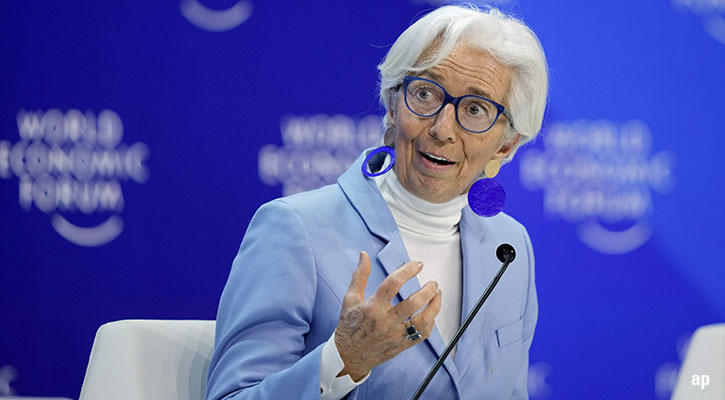I was always led to believe that the word 'the' was the most commonly used word in the English language. In fact I used it four times in the previous sentence. Well having spent the last two weeks on the road with fund managers whose raison d’etre is the deliverance of “alpha”, or in English delivering returns to investors ahead of the market, the words “emerging”, “markets” and “China” have become worthy adversaries for the word 'the'. Indeed each of these was mentioned scores of times, by my reckoning once a minute over the course of 125 minutes, by Messrs McLeod-Clarke, Bulkai, McDowell & Turnbull, Forsyth and Meany of BlackRock, Thames River Capital, Neptune, Martin Currie and First State Investments respectively.
Emerging Markets, and let’s use the phrase to include China, are readily accepted to be one of the drivers of growth in today’s global economy, certainly the fastest growing compared to the stodgy growth supposedly on offer from developed markets. They also appear to be well established in the psyche of both fund managers--witness the reference to them above--and investors.
What was clear from the fund managers was that they are all pursuing the emerging markets growth story either by investing directly in those markets, in the case of Neptune and Thames River Capital, or via companies that are doing business there. Neptune cited Tencent as an example, a Chinese business which operates the dominant online messaging programme and which is used by 70% of China’s internet users every day (they already represent 20% of the world’s internet users and it is forecast that there will be 770 million Chinese online by 2015). Kristof Bulkai believes that emerging markets are no longer undiscovered and that as valuations have converged, it is appropriate to devote a whole absolute return strategy to them. David Forsyth invests in Crown Holdings, a US-based canner that has grown its emerging markets business to 26% of its whole; Nick McLeod-Clarke has several investments in the growth part of his fund seeking to benefit from emerging markets, for example Burberyy, the supposedly quintessential English brand that derives in excess of 85% of its revenue from outside of the UK (the Japanese, Chinese and Russians love it!).
So is this gravy train a one way ticket to financial nirvana? Listening to the persuasive rationales proffered by the professionals, there certainly appears much to gain. The main risks discussed at the questions and answers sessions were those of policy errors and political risk. The latter is the main reason why Mr Meany only invests in infrastructure assets in developed markets. He believes returns of over 10% per annum over the next five years are achievable. Without taking the risk in emerging markets. Caveat emptor!
Richard Romer-Lee er administrerende direktør ved OBSR, et Morningstar selskap.
















